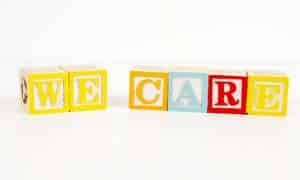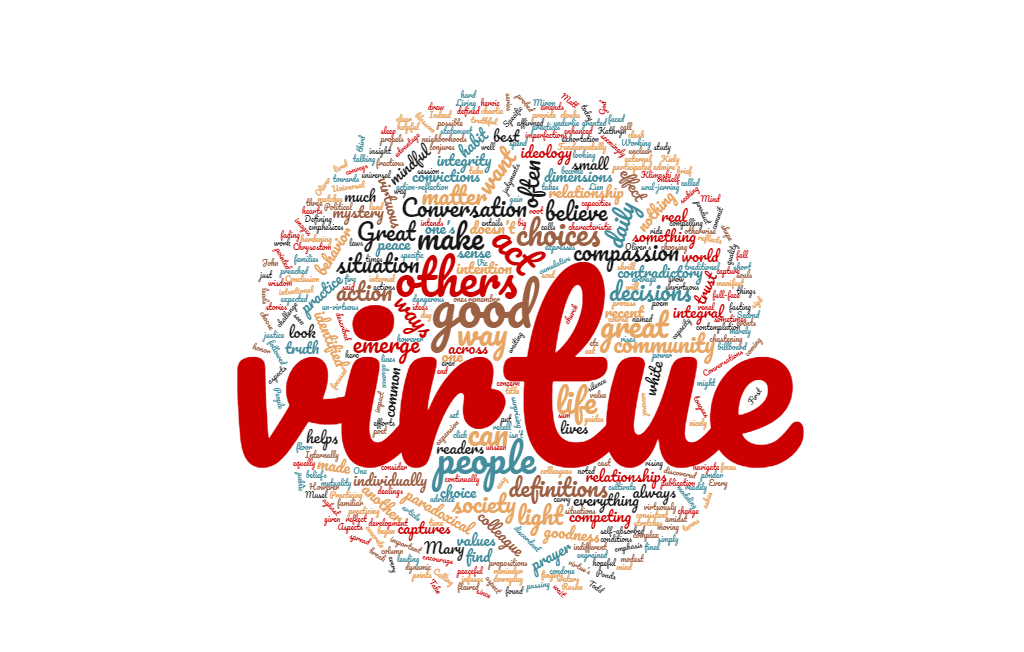
I believe that there is no God worthy of worship other than Allah. I believe that Muhammad (peace be upon him) is His final messenger. This is what makes me one of the 1.8B Muslims in the world.
I am also clinically depressed. This is what makes me one of the 14.5M adults in the US with major depressive disorder.
My life has been blessed. Objectively speaking, I have a very fulfilling career, three amazing children and a strong, long-lasting marriage. I have a lot to be grateful for. There were moments when my sense of gratitude filled every corner of my heart. There were also moments when I couldn’t find anyhing to be grateful for.
As a Muslim, I knew how important it was to express gratitude to my Creator1. And yet I felt hollow. The words Alhumdulillah (All praise and thanks to God) rolled off my tongue. But I couldn’t connect to it. Maybe I wasn’t a good Muslim after all. There was guilt about the emptiness. Surrounded by comfort, all I could think was escape. Somewhere I could just be left alone, where I wasn’t needed as a mother, a wife, a daughter, a sister, a friend. Perhaps then my mind would quiet down.
When someone would ask me how I was, it was still “Alhumdulillah, all is well”. How could it be otherwise?
It wasn’t always emptiness. It was also gut-wrenching tears that came from my very core, as if I was grieving loss. It was a pain with no obvious cause. God tells us in the Quran He does not burden a soul with more than it can carry (Quran 2:286). I reminded myself of this in the moments it felt unbearable. I can get through this. All I need is to have faith. What is wrong with me that my prayers aren’t being answered? Maybe I wasn’t praying hard enough.
I prayed more. I begged Him to help me find peace in my mind. I needed escape from the ache & emptiness, so much so that I contemplated permanent relief. That was when my family intervened and realized just how sick I was. After all these years of being the caregiver, I was now the one who needed care. I was hospitalized and finally got the treatment I needed. Treatment I wasn’t open to previously because, I thought having faith should be enough.
Having faith and being Muslim doesn’t make one immune to a mental illness. But being Muslim allows one to hold onto God’s reminders. In the Quran 13:28., God tells us: “Those who have believed and whose hearts are comforted by the remembrance of Allah. Unquestionably, by the remembrance of Allah do hearts find comfort and contentment”
I am a practicing, devout Muslim. I also suffer from a mental illness. These truths are not conflicting. Neither is seeking professional help and being a Muslim. For a Muslim, religiosity and mental health are inherently connected2. Practicing faith through the prescribed five pillars of Islam may not treat psychopathology directly like seeking medical treatment or psychotherapy does. But spirituality nurtures overall mental health by adding a sense of purpose and acceptance of God’s decree. God warns us in the Quran that He will test us with “a touch of fear and famine and loss of property, life, and crops”. Quran 2:155. The Muslim understands that this life is temporary and full of trials that test our faith, and success is turning to God through these hardships.
I turned to God as my depression worsened. God answered my prayer in the way He deemed best. Getting the help I needed was His answer. My treatment was not administered through divine inspiration, but medical intervention. Medicine and prayer can co-exist in harmony. In fact, seeking professional help is an act of faith. I’m utilizing all the resources God has provided for me and not confining myself to self-imposed standards.
There are aspects of adult functioning that I continue to struggle with. My daughter will ask me, as a matter of fact and void of judgment, about the last time I washed my hair. I still feel overwhelmed by social interaction. The thought of stepping out of the house to drive tires me. But there is a sense of awareness now that these are symptoms of my illness. There is freedom from judgment in that understanding. That it’s okay to not be okay.
I lean into vulnerability and share my journey because I am motivated to help others. Don’t let the stigma surrounding mental health stop you from getting the help God has made possible for you. Don’t turn your illness into a question of your faith. God tests us through pain but does not ask us to suffer without cause. Don’t suffer alone.
Islam, far beyond a mere religion, offers a path toward inner peace and understanding that transcends cultural boundaries and speaks to the deepest yearnings of the human soul. If you find yourself grappling with the burdens of life, know that you are not alone. Consider exploring the teachings of Islam, not as a conversion of faith, but as a journey toward finding meaning and purpose amidst life’s challenges. Embrace the opportunity to seek guidance and support, whether through spiritual reflection or professional assistance, and may you discover a newfound sense of hope and resilience on your path forward.


